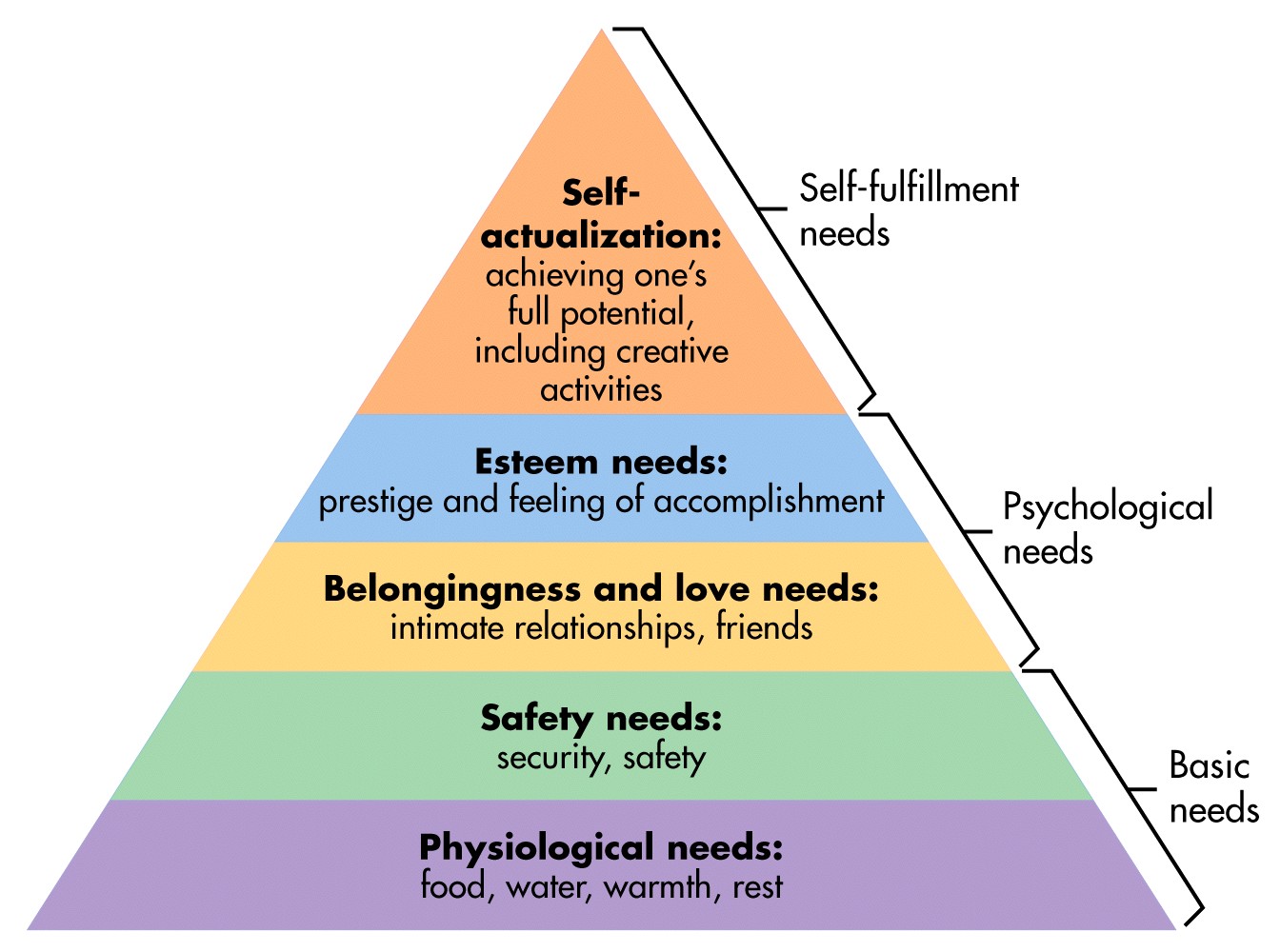Let's take a look at Maslow's hierarchy of needs. Although obsolete according to newer psychological research, it is still a useful model for storywriting:

The quality of life of a person can be estimated by looking at which level of the need pyramid is fulfilled. As you can see there is a lot more than just food which makes a person's life worth living.
Looking at the lowest layer (physiological needs) the need for food would be satisfied. Water too, when there is a source of clean drinking water available. But what about the need for warmth and rest? Poor people will still need a shelter, clothes and heating to not suffer from inclement weather and even freeze to death during the winter. Also, eating only grasstato would be a stigma of the poor. For the middle-class, the grasstato would still be the basic food source, but they would differentiate themselves from the lower-class by combining their grasstato with other food sources like fruits, dairy products and meat to have a more varied flavor experience. The upper-class would pride itself in not ever having to eat grasstato.
Then we have the safety need. In today's world, the poorest people of most societies perceive the police rather as an additional threat to their personal safety than a protection. Very often, the police are tasked with keeping the homeless out of the more prestigious areas of a city, sometimes with very violent methods. When a homeless beggar gets beaten up and robbed, nobody cares. But when the same happens to a millionaire, the police will do everything they can to hunt down the perpetrator. While you see a policeman at every corner in the better areas of the city, the slums are often crime herds of anarchy ruled by more or less organized criminals who do as they please. The law enforcement has given up about them and tries to contain the criminal activity in the slum instead of fighting it. Does the law enforcement system in your world care about protecting the poor? Or are they even reducing their safety by discriminating against the poor in favor of the rich?
Intimate relationships and friends: Poor people will of course have intimate bonds with each other which won't be any less sincere than those between rich people. But social class barriers will be there: higher classes will look down upon lower classes and won't want anything to do with them. Socializing with higher society will be impossible for poor people and having an intimate relationship with someone from the upper class will always be a dream. Sure, not an impossible dream - the Cinderella love story is a very common romance trope - but when exploring such relationships on a level which goes deeper than the average fairy tail or romantic comedy, they will usually suffer from the power difference between the partners and turn out to not have a happy ending after all. On the other hand, a rich person could easily have an affair with any poor person they want. They would just buy them something nice - everyone's dignity has a price, especially when they don't have much dignity to begin with. And when they refuse, they could just take them by force. It's not like anyone would care. At least nobody who has the power to stop them (see safety needs).
Esteem needs: The poor people are likely poor because they either are unemployed or work very unpleasant jobs which are menial, dirty and boring. That means they don't have any feeling of prestige or accomplishment in their work-lives. The middle-class who have jobs which require special skills and training (craftspeople, scribes, small-scale merchants...) will experience recognition for their work more or less regularly, and the upper class (landowning nobles, large-scale merchants, high-ranking government officials, famous artists...) will bath in prestige and feeling of accomplishment. Another thing which falls into this category are aesthetic needs like fancy clothes or a pleasing interior decoration in your home. The rich people could afford much nicer things in general.
Self-actualization: As said in the previous paragraph, the poor wouldn't get any of this through their work. And with the few resources they have they wouldn't have any left for any creative hobbies. The rich, however, will have enough disposable income and spare time to indulge in any passion they feel interested in, be it an expensive sport, studying an interesting subject, supporting talented artists, changing the world by promoting a new philosophical idea or just amassing even more money and power.

